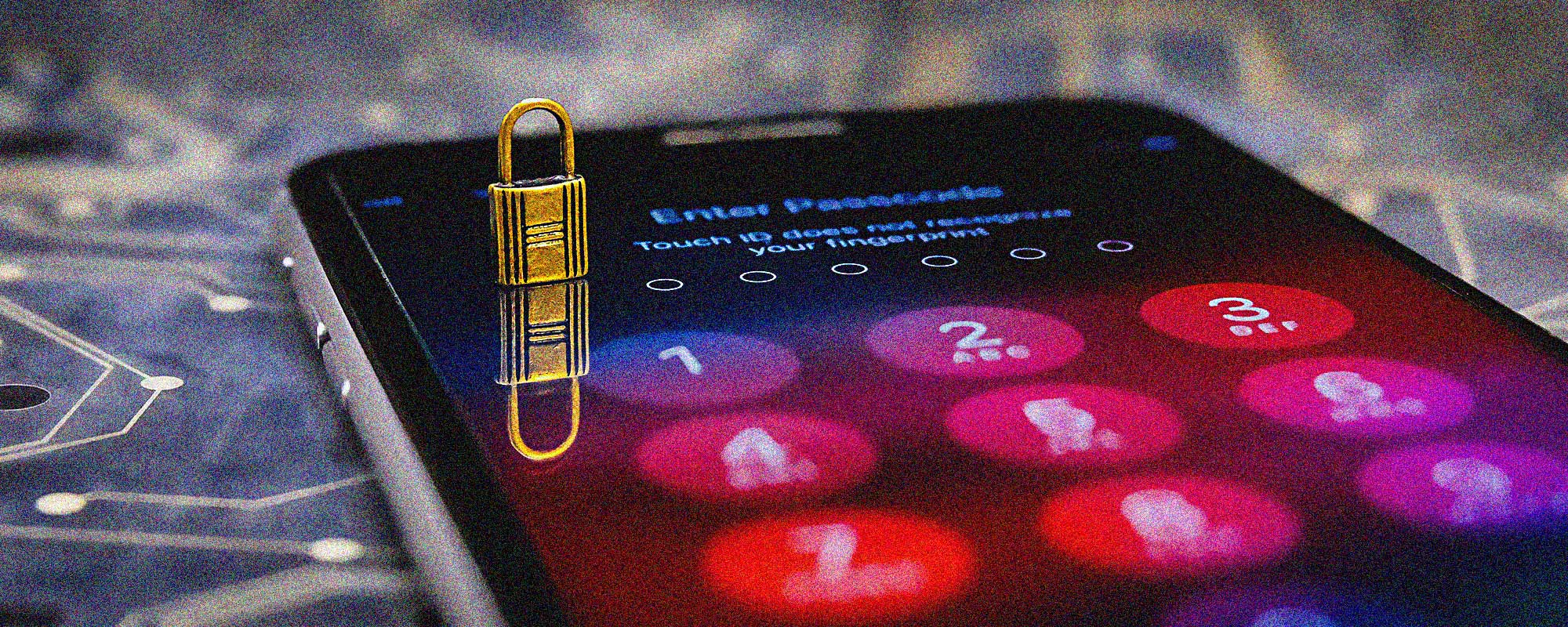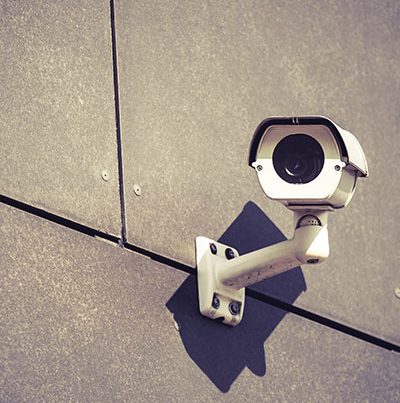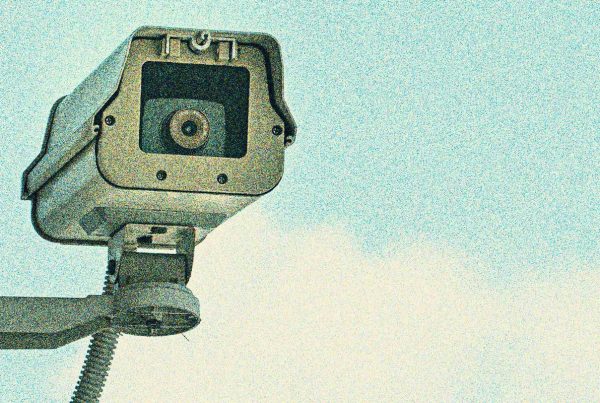Recent Use of Facial Recognition Technology in Canada
Facial recognition technology (FRT) is a type of biometric recognition technology that uses artificial intelligence (AI) to identify individuals through their facial features. Absent explicit legislative direction, public and private entities, including public safety authorities and retail corporations, have regularly violated Canadian’s privacy rights through their use of FRT for the mass surveillance of people as they go about their daily lives. The proliferation of FRT threatens individuals’ anonymity and human rights. Additionally, its widespread accuracy issues pose heightened risks to equity-deserving communities.
The impacts of FRT become more elevated depending upon the context in which they are deployed and are being increasingly adopted by police agencies, immigration authorities, universities, and retailers across Canada.
Some of its known recent uses include:
- An investigation by the Privacy Commissioner of Canada (OPC), in partnership with their provincial counterparts in Quebec, Alberta, and British Columbia, concluded that the RCMP had breached Canadian’s privacy rights through their use of Clearview AI’s FR software. Clearview AI created and maintained a database of over 3 billion images scraped from the internet without individuals’ consent. The RCMP used the database to match photographs of individuals against the stored images, which resulted in Canadians being subject to a “24/7” police line-up. Additionally, the OPC found that Clearview AI had violated provincial and federal privacy laws by failing to obtain consent for the use and disclosure of individuals’ personal information, which resulted in mass surveillance of Canadians.
- The Privacy Commissioner of Canada confirmed that Cadillac Fairview had subjected Canadians to FRT analysis without properly informing nor obtaining valid consent from shoppers in retail locations across the country. Covert cameras were installed in digital information kiosks in malls across Canada and captured over 5 million shoppers’ images. These images were analyzed to generate additional personal information about each shopper including estimated age and gender and the images were stored in a third party’s centralized database.
- The Minister of Citizenship and Immigration may have used Clearview AI’s prohibited FR software to deny recent refugee claims. In the case of Barre v. Canada, the results of the FR analysis were contested by refugee claimants for misidentifying them and criticized for the technology’s underlying racial and gender bias. The Federal Court found the refugee claimants’ arguments and the lack of evidence disclosure by the Minister warranted a review of their refugee applications.
- FRT is being increasingly used by authorities to validate the authenticity of individuals’ personal information provided to Immigration, Refugees and Citizenship Canada (IRCC). It has been successfully used as evidence to revoke or deny Canadian passports, deny visa applications, and to deport individuals from Canada.
- In R v. Flintory, a photograph submitted to Citizenship and Immigration Canada (CIC) for FRT analysis purposes was unlawfully used by the Vancouver Police Department to identify a suspect in a drug dealing case. The court found that the defendant’s right to be secure against unreasonable search and seizure was violated. The photograph containing the defendant’s personal information was submitted to Passport Canada for the purposes related to passport and travel matters, and it was therefore not reasonable that the state acquired the identity information in a criminal investigation without any measures to regulate their access (i.e. such as obtaining a search warrant).
- Provincial authorities in Ontario, Saskatchewan, Alberta, Manitoba, and British Columbia, are increasingly using FRT and maintaining databases to authenticate individuals’ identities for driver’s licenses and other identity documents. Since 2009, the Ministry of Transportation Ontario (MTO) has used facial recognition to screen individuals to ensure one record per driver to combat identity fraud.
- Worryingly, police services have accessed the MTO’s databases without a warrant – or any law allowing them to do so – during a motor vehicle investigation. The defendant, Mr. Voong, shared facial similarities with several other people of East Asian descent whose photos were stored in the MTO’s database. Three years and multiple court hearings later, Mr. Voong was ultimately never found guilty of any crime. His story is significant because it offers a window into law enforcement’s unregulated use of seemingly ‘neutral’ technology to perpetrate the discrimination and harm that is routinely experienced by people of colour and other minorities in Canada.
- The Ottawa Police Service, in addition to other police forces in Ontario, uses the Traffic Jam search tool in human trafficking cases. Traffic Jam scrapes the internet for advertisements of escorting services and matches individuals’ facial features to photographs provided by law enforcement.
- In Alberta, the Edmonton Police Service has used FRT in its employee alcohol monitoring program to validate individuals’ identity. An employee was subject to testing via Soberlink, a hand-held device that conducts breathalyzer analysis and identity authentication through FRT, three times a day. An arbitration panel found that the frequency in which the breathalyzer test was used resulted in a breach of the individual’s privacy rights.
- Several retailers have been reported to be using FRT in their locations across Canada. To combat shoplifting, Canadian Tire is known to use FRT in roughly 15% of its locations nationwide. The Foody Mart grocery chain was reported to be considering introducing a payment system backed by Chinese-made facial recognition devices at its stores across Canada. The proposed system would be cardless – shoppers would be prompted to create a profile and then their faces would be scanned at checkout to validate their identity.
- Since 2004, the British Columbia Lottery Corporation (BCLC) has deployed FRT at all casinos across the province. In 2009, the province launched a voluntary self-exclusion program that seeks to limit individual’s access to gaming facilities by installing FR devices at the entrances of casinos. Using voluntarily supplied images, the software is supposed to identify individuals with gambling issues. However, over a decade later, reviews of the technology have shown that the FRT results are unreliable and have resulted in several lawsuits launched by members of the program who were unsuccessfully identified and granted access to the casinos.
- The Covid-19 pandemic led to post-secondary schools conducting their exams online. Many institutions subsequently subscribed to exam proctoring companies such as Procotrak and Proctorio which employ facial recognition technology to authenticate students’ identities via live-video feeds of examinations.
- Leading up to the 2021 federal election, the Liberal Party of Canada used American technology company Jumio’s one-to-one matching facial recognition tool in its nomination voting process. Jumio’s digital identity verification tool works by comparing an individual’s identity documents (such as a passport or driver’s license) against a live captured image to validate their identity, as well their active presence. The use of this potentially faulty and discriminatory technology in the context of a Canadian election came with elevated risks because it took place in a process that is at the heart of grassroots democracy. The British Columbia Information and Privacy Commissioner has since launched an investigation to determine whether the use of the technology is compliant with B.C.’s privacy legislation.
This article was researched and written by Alessandra Puopolo, Project Coordinator for CCLA’s Privacy, Technology & Surveillance Program’s Facial Recognition Project.
About the Canadian Civil Liberties Association
The CCLA is an independent, non-profit organization with supporters from across the country. Founded in 1964, the CCLA is a national human rights organization committed to defending the rights, dignity, safety, and freedoms of all people in Canada.
For the Media
For further comments, please contact us at media@ccla.org.





